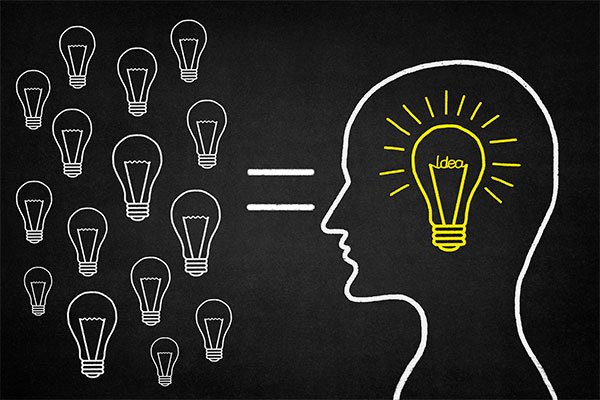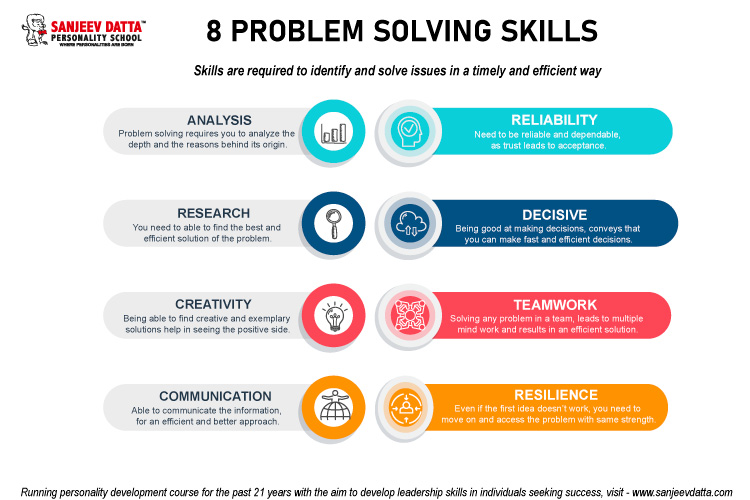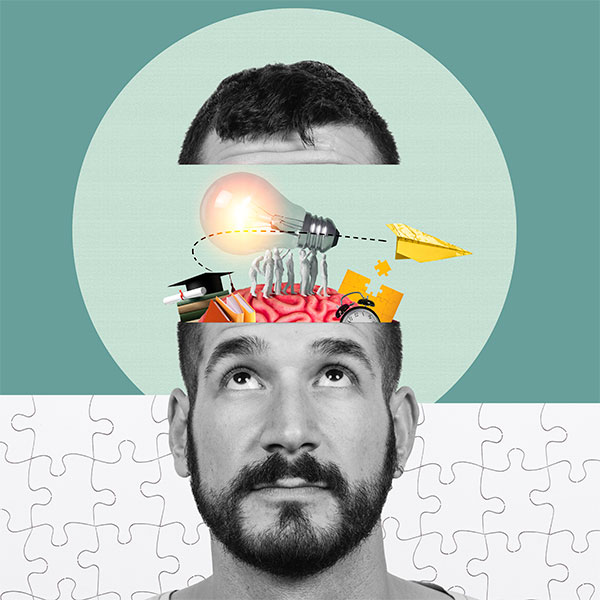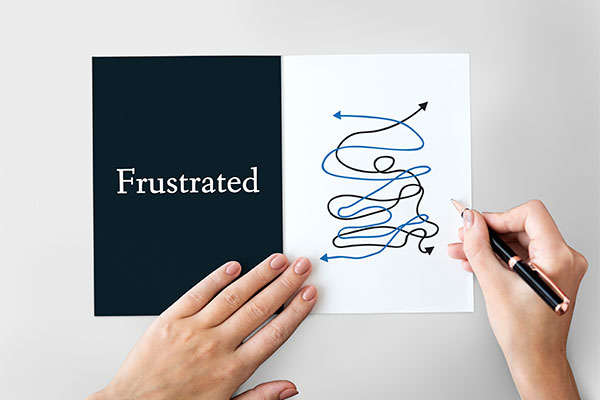In today’s complex and rapidly changing world, it is very important to understand how to improve critical thinking is a fundamental skill that empowers individuals to navigate the abundance of information, make sound judgments, and solve problems effectively. It involves actively analyzing and evaluating situations, evidence, and arguments to reach informed conclusions. By sharpening critical thinking skills, we can enhance our decision-making abilities, solve complex problems, and approach challenges with confidence. We have come up with some strategies on how to improve critical thinking and foster a more discerning mindset.
- Question Assumptions and Biases:

Critical thinking begins with questioning our assumptions and biases. Recognize that our beliefs and perspectives may be influenced by various factors, such as personal experiences, societal norms, or cultural influences. Challenge yourself to explore alternative viewpoints and consider different possibilities. Ask probing questions and seek evidence to support or refute your assumptions. By questioning biases and embracing open-mindedness, you can broaden your perspective and approach problems with greater objectivity.
- Develop Analytical Skills:

Analytical skills are at the core of critical thinking. Enhance your ability to analyze information by breaking it down into its constituent parts. Identify relevant details, recognize patterns, and extract key insights. Practice data interpretation and logical reasoning to draw valid conclusions. Engage in activities that require analysis, such as puzzles, riddles, or problem-solving exercises. By exercising your analytical muscles, you’ll strengthen your critical thinking abilities.
- Seek Diverse Perspectives:

Surround yourself with diverse perspectives and actively seek out differing viewpoints. Engaging with individuals from various backgrounds, cultures, and disciplines exposes you to alternative ways of thinking. This broadens your understanding and challenges your assumptions. Engage in respectful debates and discussions, where multiple perspectives are valued and explored. By embracing diversity, you expand your critical thinking toolkit and cultivate a more nuanced approach to problem-solving.

- Embrace Intellectual Humility:

Intellectual humility involves acknowledging the limits of your knowledge and being open to learning from others. Recognize that you don’t have all the answers and that there is always more to discover. Cultivate a willingness to admit when you’re wrong and revise your beliefs in light of new evidence. Embracing intellectual humility fosters a growth mindset and enables you to approach situations with a genuine desire to learn and improve your critical thinking skills.
Visit: rules of persuasive storytelling
- Practice Reflective Thinking:

Reflection is a powerful tool for developing critical thinking. Set aside time for self-reflection and introspection. Analyze your thoughts, actions, and decision-making processes. Consider alternative courses of action and evaluate the outcomes of your choices. Reflective thinking allows you to gain insight into your thinking patterns, biases, and strengths, enabling you to refine and improve your critical thinking approach.
- Seek Evidence and Evaluate Sources:

In the era of information overload, critical thinkers need to be discerning consumers of information. Verify the credibility and reliability of sources before accepting information as true. Fact-check claims and scrutinize the evidence presented. Look for reputable sources, consider multiple perspectives, and rely on data-driven evidence whenever possible. By developing a habit of evidence-based thinking, you can make well-informed decisions and avoid falling prey to misinformation or fallacious reasoning.
- Practice Problem-Solving:

The personality development course will engage you in regular problem-solving activities to hone your critical thinking skills. Tackle complex problems by breaking them down into smaller, more manageable parts. Analyze the problem, consider different approaches, and evaluate the potential outcomes of each. Embrace creativity and innovative thinking to generate alternative solutions. Seek feedback from others to gain new insights and refine your problem-solving abilities. Through consistent practice, you’ll sharpen your critical thinking skills and become more adept at tackling challenges.
Visit: ways to overcome communication barriers
- Emphasize Continuous Learning:

Critical thinking is a lifelong journey that thrives on continuous learning. Foster a thirst for knowledge and commit to ongoing personal and professional development. Stay curious about a wide range of topics and actively seek opportunities to expand your knowledge base. Read books, engage in intellectual discussions, attend workshops or seminars, and explore online courses or educational platforms. By continuously learning and exposing yourself to new ideas and perspectives, you’ll enrich your critical thinking abilities and stay intellectually agile.
- Cultivate Effective Communication:

Effective communication can be achieved through personality development training. Develop your communication skills, both verbal and written, to articulate your thoughts clearly and concisely. Practice active listening to understand others’ viewpoints fully. Engage in constructive debates and discussions that encourage critical thinking and the exchange of ideas. By honing your communication skills, you’ll enhance your ability to convey your thoughts, challenge assumptions, and engage in meaningful dialogues.
- Embrace Complexity and Ambiguity:

Critical thinking thrives in complex and ambiguous situations. Embrace complexity rather than seeking oversimplified solutions. Recognize that real-world problems often have multiple dimensions and no single “right” answer. Embrace the discomfort of uncertainty and be willing to explore different possibilities. This mindset allows you to approach challenges with adaptability and flexibility, fostering robust critical thinking skills.
Visit: how to overcome inferiority complex
In conclusion, improving critical thinking is an ongoing process that requires dedication and practice. By questioning assumptions, developing analytical skills, seeking diverse perspectives, embracing intellectual humility, practising reflective thinking, and emphasizing evidence-based reasoning, you can enhance your critical thinking abilities. Through continuous learning, effective communication, problem-solving practice, and a willingness to embrace complexity, you’ll become a more discerning thinker capable of making sound judgments, solving problems effectively, and navigating the complexities of life with confidence. Hope this article on ‘how to improve critical thinking’ has helped you embrace the power of critical thinking and unlock new opportunities for personal and professional growth.


